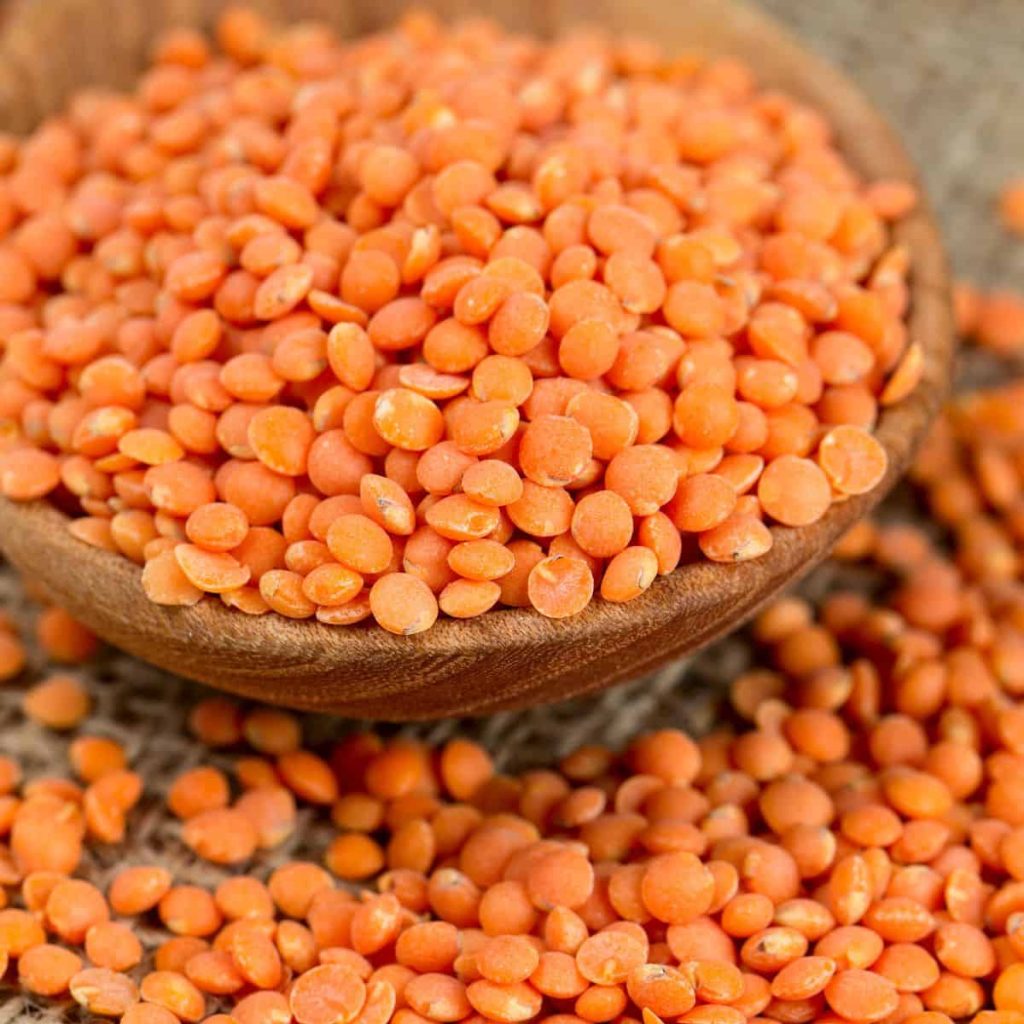The significance of gut health has garnered increasing attention in recent years, and for good reason. Our gastrointestinal system is home to trillions of microorganisms, collectively known as the gut microbiota, which play a pivotal role in digestion, immunity, and overall well-being. The foods we consume directly influence the composition and function of these microbial communities. By making informed dietary choices, we can foster a balanced gut environment, enhancing not only digestive health but also our overall vitality.
1. Yogurt
Yogurt is a renowned source of probiotics—live beneficial bacteria that can help restore the natural balance of gut flora. Regular consumption of yogurt with live and active cultures can aid in alleviating digestive issues such as bloating, constipation, and diarrhea. Opt for plain, unsweetened varieties to avoid added sugars, and consider incorporating it into smoothies or as a base for dressings.

2. Apples
Apples are rich in pectin, a type of soluble fiber that acts as a prebiotic, feeding the beneficial bacteria in the gut. This fiber aids in regulating bowel movements and can help prevent constipation. Additionally, apples contain polyphenols, which have antioxidant properties that may contribute to gut health by reducing inflammation and promoting the growth of beneficial bacteria.
3. Fennel
Fennel seeds and bulbs have been traditionally used to alleviate digestive discomfort. They contain compounds that can relax the muscles in the gastrointestinal tract, reducing bloating and gas. Incorporating fennel into meals or consuming it as a tea can provide relief from indigestion and support overall digestive function.
4. Chia Seeds
Chia seeds are a powerhouse of fiber, omega-3 fatty acids, and antioxidants. When soaked, they form a gel-like substance that can aid in bowel regularity by adding bulk to stools. Their high fiber content also serves as a prebiotic, nourishing the beneficial bacteria in the gut. Adding chia seeds to oatmeal, yogurt, or smoothies is an easy way to boost your fiber intake.
5. Papaya
Papaya contains an enzyme called papain, which assists in breaking down proteins and facilitating digestion. This tropical fruit can be particularly beneficial for individuals with digestive disorders such as irritable bowel syndrome (IBS). Moreover, papaya is rich in vitamin C and other antioxidants that support immune function and reduce inflammation.
6. Whole Grains
Whole grains like oats, quinoa, and brown rice are excellent sources of dietary fiber, which is essential for maintaining regular bowel movements and supporting a healthy gut microbiome. Unlike refined grains, whole grains retain their bran and germ, providing more nutrients and fiber. Regular consumption of whole grains has been linked to a reduced risk of digestive disorders and improved overall health.
7. Sauerkraut
Sauerkraut, or fermented cabbage, is rich in probiotics that can enhance gut flora diversity. The fermentation process not only increases the bioavailability of nutrients but also produces beneficial compounds that support digestive health. Including sauerkraut in your diet can aid in digestion and boost the immune system.
8. Bananas
Bananas are a convenient and nutritious snack that supports digestive health. They are a good source of resistant starch, especially when slightly green, which acts as a prebiotic. Bananas also help in restoring electrolytes and can be soothing for the stomach during episodes of diarrhea.
9. Ginger
Ginger has long been used as a natural remedy for various digestive issues, including nausea, indigestion, and bloating. It stimulates saliva, bile, and gastric enzymes, aiding in the breakdown of food. Incorporating fresh ginger into teas, soups, or stir-fries can provide digestive relief and support gut health.
10. Leafy Greens
Leafy greens such as spinach, kale, and Swiss chard are high in fiber and nutrients that promote a healthy digestive tract. They contain magnesium, which helps relieve constipation, and their fiber content supports the growth of beneficial gut bacteria. Including a variety of leafy greens in your meals can enhance digestive function.
11. Kefir
Kefir is a fermented dairy product similar to yogurt but with a thinner consistency and a more diverse range of probiotic strains. Regular consumption of kefir can improve lactose digestion, enhance gut microbiota diversity, and strengthen the immune system. It’s a versatile ingredient that can be consumed on its own or added to smoothies and cereals.
12. Lentils
Lentils are a type of legume rich in prebiotic fiber, which feeds the beneficial bacteria in the gut. They also provide protein, iron, and other essential nutrients. Incorporating lentils into soups, salads, or stews can support digestive health and contribute to a balanced diet.

Additional Tips for Supporting Digestive Health:
- Stay Hydrated: Drinking adequate water aids in digestion and helps prevent constipation.
- Limit Processed Foods: Highly processed foods can disrupt gut microbiota balance and should be consumed in moderation.
- Chew Thoroughly: Properly chewing food initiates the digestive process and can reduce the burden on the gastrointestinal system.
- Manage Stress: Chronic stress can negatively impact gut health; practices like meditation and regular exercise can help.
- Regular Physical Activity: Engaging in regular exercise promotes healthy digestion and can prevent constipation.
By incorporating these foods and habits into your daily routine, you can foster a healthier digestive system and improve your overall well-being.

















